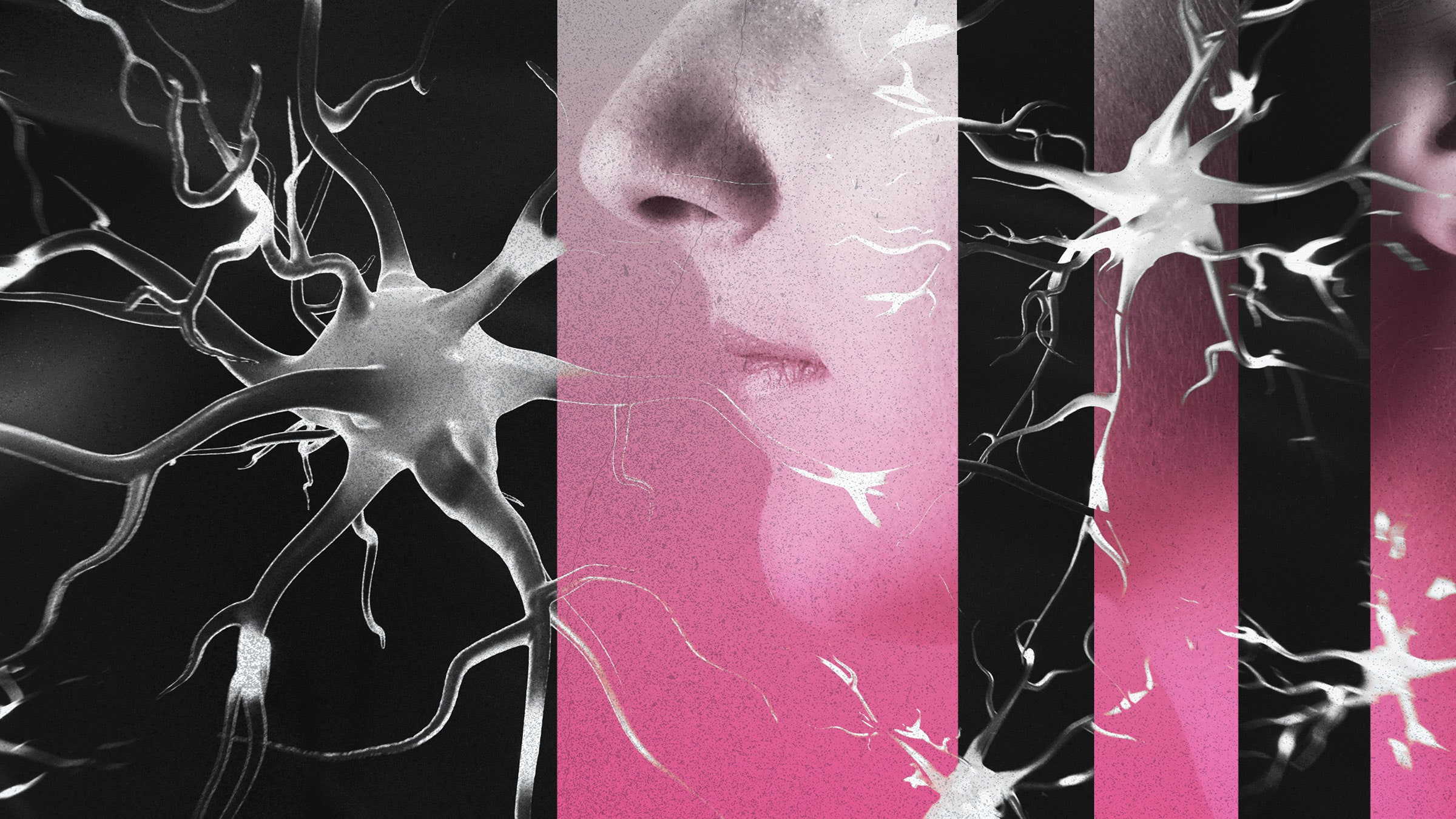A Key to Detecting Brain Disease Earlier Than Ever
…

A Key to Detecting Brain Disease Earlier Than Ever
Recent advances in medical technology have given doctors a key tool in the early detection of brain diseases. MRI and CT scans can now reveal subtle changes in the brain that may indicate the presence of conditions such as Alzheimer’s, Parkinson’s, or other neurodegenerative diseases.
By detecting these changes early, doctors can begin treatment sooner, potentially slowing the progression of the disease and improving the patient’s quality of life. This is a significant breakthrough in the field of neurology, as many brain diseases are difficult to diagnose until they have already caused irreversible damage.
Early detection can also help researchers better understand the progression of these diseases and develop new treatments. By studying the brains of patients at different stages of the disease, scientists can uncover important clues about how the conditions develop and spread.
Furthermore, early detection can also help in identifying risk factors and preventive measures that can be taken to reduce the likelihood of developing these diseases. Lifestyle changes, such as diet and exercise, may play a crucial role in preventing or delaying the onset of brain diseases.
Overall, the ability to detect brain diseases earlier than ever before is a game-changer in the field of medicine. It offers hope to patients and their families, as well as to researchers working to unlock the mysteries of the brain.






